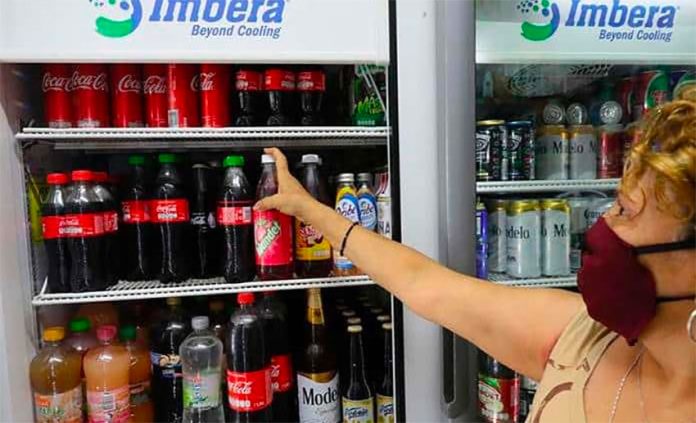The Mexican soft drink industry has rejected a study that found that residents of Chiapas drink an average of 821.25 liters of soda per person per year.
In a letter to Mexico News Daily, the general director of ANPRAC, the national soft drink makers association, said that data from the Mexican beverage industry and the national statistics agency Inegi shows that per-capita soda consumption in Chiapas was 133 liters last year, less than one-sixth the amount cited in a 2019 study by the Chiapas and Southern Border Multidisciplinary Research Center (Cimsur).
Jorge Terrazas’ dismissal of the study comes after Mexico News Daily published a story last week based on Cimsur’s findings.
The ANPRAC chief said the study cites local statistics for per-capita soft drink consumption in Chiapas that are incorrect.
Terrazas also challenged the claim that soft drink consumption in the southern state is more than five times higher than the national rate. According to data from Inegi and the National Population Center, consumption in Mexico in 2019 was 157 liters, he wrote.
Based on the statistics cited by Terrazas, soda consumption in Chiapas was in fact 24 liters — or 15% — lower than the national average in 2019.
The statistics cited in the Cimsur study are “inconsistent with reality,” the ANPRAC chief wrote, adding that it generally “lacks scientific rigor.”
Terrazas also rejected a claim in a National Institute of Public Health study that concluded that more than 40,000 deaths per year – 7% of the annual total – are linked to the consumption of sugary drinks.
He said that attacks on the soft drink industry and attempts to stigmatize it have “regrettably” intensified in recent months and attributed the attacks to “certain groups” that are “seeking to establish a narrative of direct correlation between the consumption of bottled beverages and all the serious multifactorial health problems we face as a society.”
“It’s very important to mention that until now, there is no scientific evidence that establishes a relation between between heart diseases, obesity and excess weight and the consumption of flavored drinks,” Terrazas wrote.
He added that the Mexican beverage industry is aware of the obesity problem in the country and committed to working with society and government to promote the benefits of a balanced diet and physical activity.
“This important industry believes that there are no ‘good or bad’ products but rather the key to a healthy life is energy balance,” Terrazas wrote.
He also said that it was “simplistic” to claim that a single product or an industry was an aggravating factor in the Covid-19 pandemic in Mexico.
Deputy Health Minister Hugo López-Gatell called sugary drinks “bottled poison” last month when asserting that Covid-19 has had a huge impact on Mexico due to the high prevalence of diet-related chronic diseases.
Since the deputy minister’s remarks, Oaxaca and Tabasco have passed laws banning the sale of junk food and sugary drinks to minors, and several other states look set to follow suit.
Mexico News Daily
